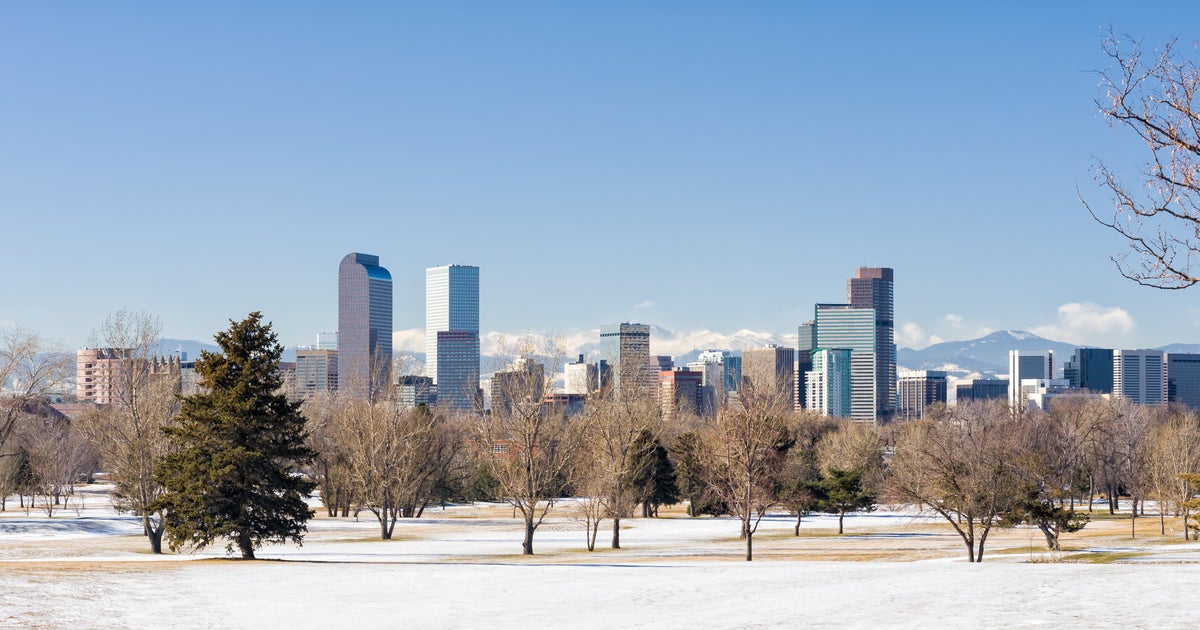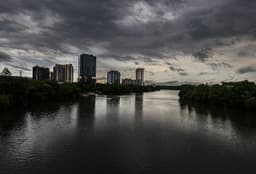Home / Weather / Colorado's Winters Defy Expectations as Climate Change Reshapes the Season
Colorado's Winters Defy Expectations as Climate Change Reshapes the Season
8 Nov
Summary
- Climate change is altering Colorado's winter weather patterns
- Snowpack is melting earlier, impacting water resources
- Winters are becoming less variable but still unpredictable

As of November 2025, Colorado's winters are undergoing a significant transformation due to the impacts of climate change. According to State Climatologist Russ Schumacher, the state's winter weather patterns are no longer following a simple trend, and the season itself is shifting in unexpected ways.
While the overall temperature is rising, Schumacher explains that Colorado's winters remain highly variable, with the state still experiencing snowstorms and cold snaps. However, the state's critical snowpack, which serves as a natural water storage system, is now melting earlier, changing the availability of water resources. This earlier melt can leave the ground drier heading into summer, increasing the risk of wildfires year-round.
At lower elevations, the changes are even more pronounced, with more rain instead of snow. Schumacher recalls a storm in Fort Collins a couple of Februaries ago that brought over an inch of liquid precipitation, all in the form of rain – a highly unusual occurrence for that time of year.
Advertisement
Despite these challenges, Schumacher assures that Colorado's famously wild weather patterns will continue to surprise residents. While the long-term data shows a clear warming trend, the state's winters will always find a way to keep people on their toes.



